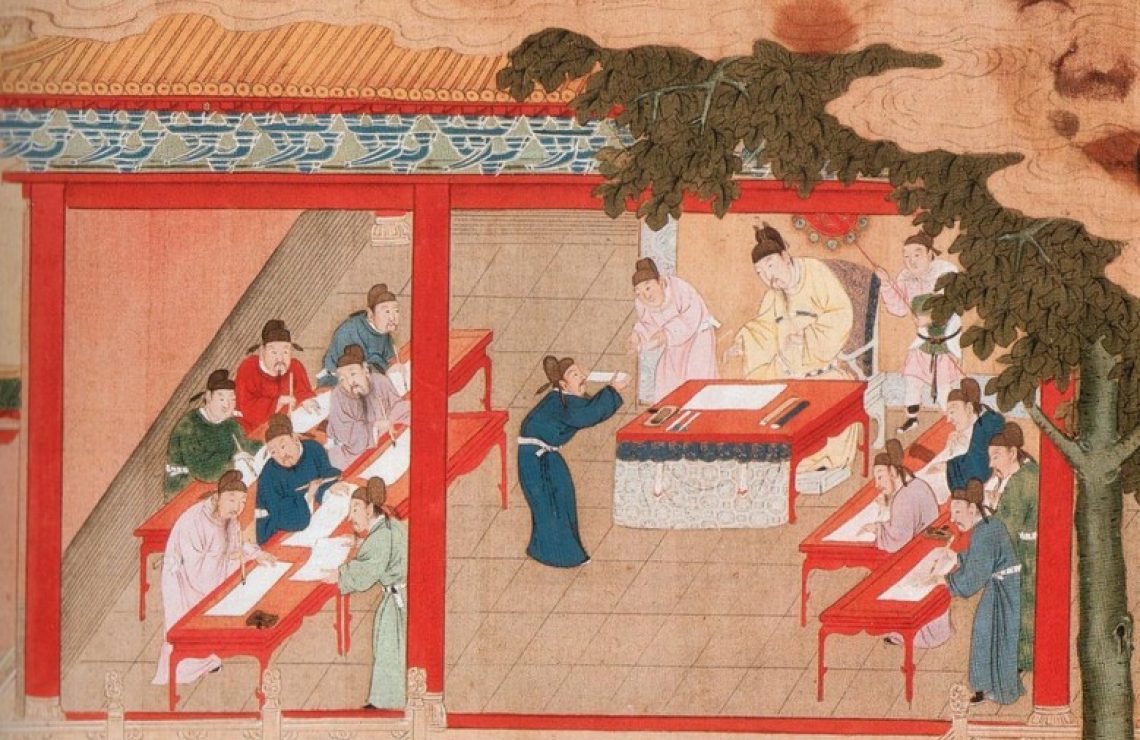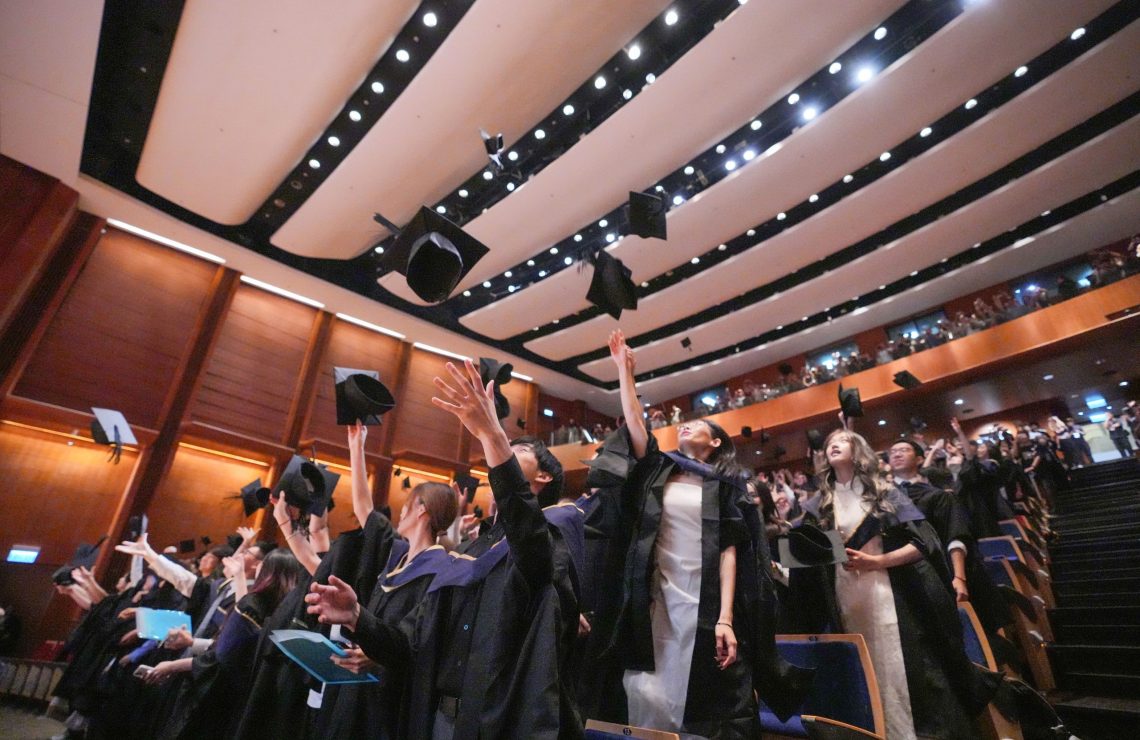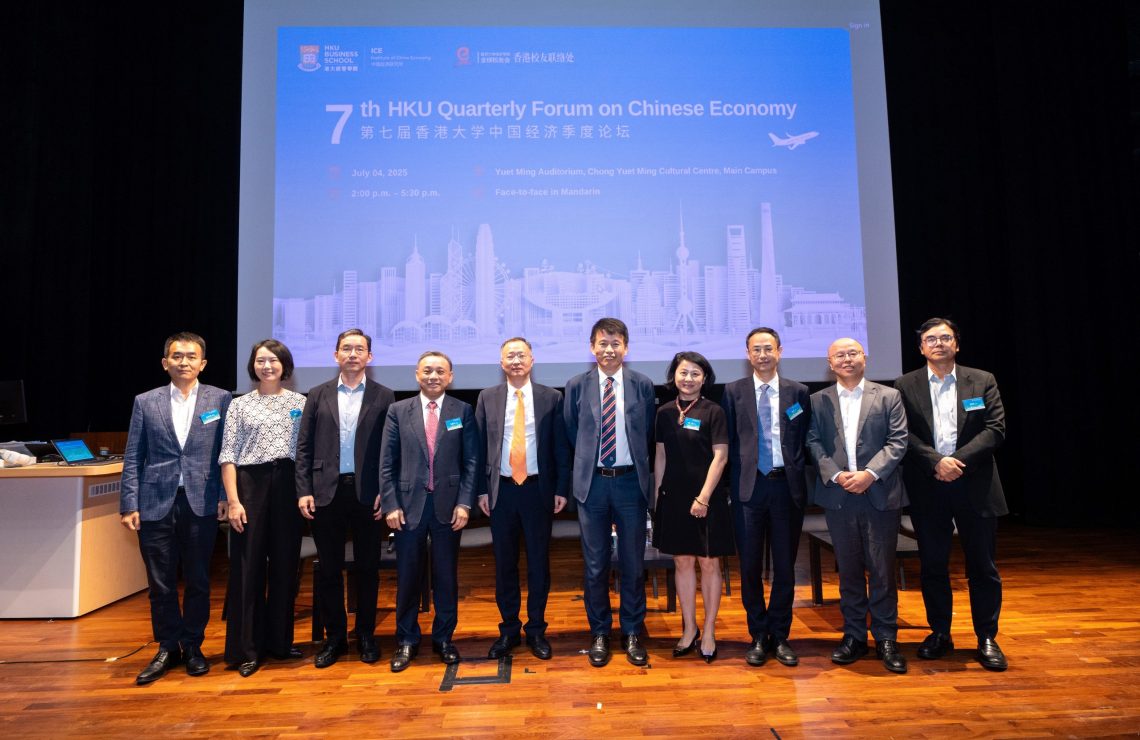
Economic history helps explain how societies work
For centuries, China had a strong economy and a vibrant civilization, yet it was overtaken by Europe in the 18th century. The possible causes of China’s decline during this period have been the focus of Professor James K.S. KUNG’s work.
Professor Kung of HKU’s Faculty of Business and Economics was recently awarded the Sein and Isaac Souede Professorship in support of his academic and research activities in the economic history of China, its institutions and its political economy of development. His research helps generate insights into understanding Chinese society today. His recent research examines the origins of the country’s meritocratic civil exam system and its long-term effects on human capital development, as well as political exchanges and corruption in contemporary China.
He finds that China’s civil exam system and the prestige and higher earnings of those who succeeded in it probably deeply inspired the Confucian culture of greatly valuing education. As a descendant of the Kungs from Suzhou where nine jinshis (進士) were produced in the Ming-Qing period with his family surname, Professor Kung said “I would surely be strongly motivated to sit for the keju exam and probably would stand a fair chance — compared to the extremely low 0.016% for those with no forebears in the family — of achieving some level of exam qualifications if I had lived in late imperial times.”
His research has also shown how China’s political institutions and policies can influence the economy, and how relying on regional officials to drive growth can result in rampant corruption. He studied data on over a million land transactions between 2004 and 2016 where local government was the sole seller, and found that firms associated with members of China’s supreme political elites — the Politburo — obtained a price discount compared to those without the same connections. The provincial party officials who provided the discount to these “princeling” firms were subsequently more likely to get promotions. However, since President Xi Jinping launched his anti-graft campaign, the number of fraudulent land dealings has significantly dropped.
Professor Kung’s research emphasises the importance of causal relationships between events and is based on intensive data collection from archives coupled with the latest econometric techniques for assessing causation. “What we hope to have demonstrated, as empirical economists, is the importance of asking the right question in the right setting, and of coming up with a novel design of research methodology, both of which determine what kind of data would be required for conducting the analysis,” he explains.
“Sometimes, it may take years to assemble enough data to enable us to conduct a meaningful analysis,” says Professor Kung. “You may say that the kind of work that we do is analogous to what investigative journalists typically do, except we go beyond sheer case studies to demonstrate causal relationships as well.”
The Sein and Isaac Souede Professorship in Economic History supports fact-based thought leadership that allows new knowledge to be freely shared and give new insights into understanding society.







